Protect those beautiful tones! Musical instrument maker Yamaha is working with local communities in Tanzania to conserve the wood used in its products. It is a challenge to preserve species, eliminate poverty, and fight climate change.

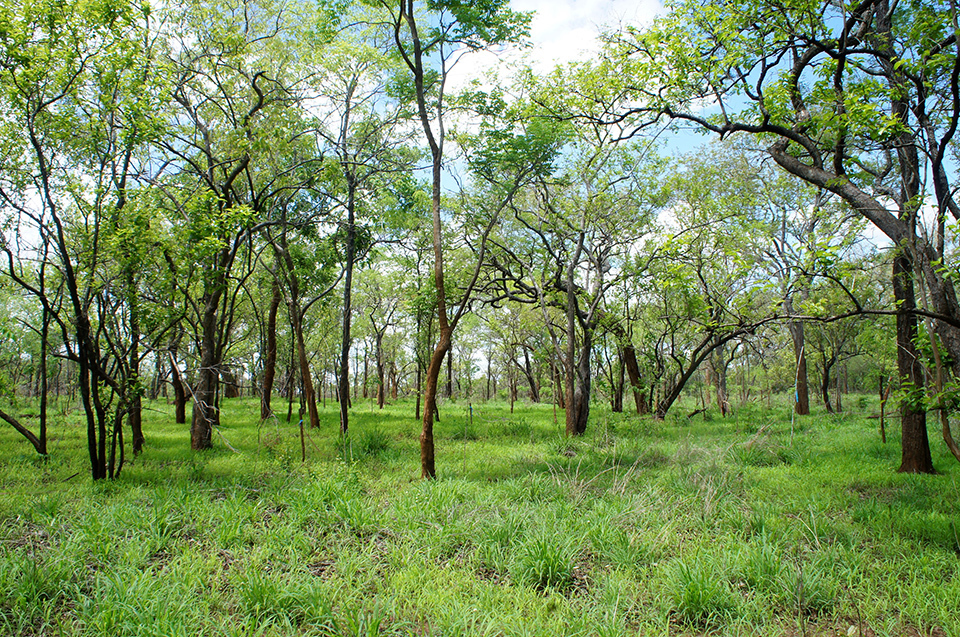
A forest of African blackwood in Tanzania. The trees need about 70 to 100 years to grow to harvestable size. Yamaha has been explaining to local residents about the importance of imagining the world in a century’s time and acting accordingly.
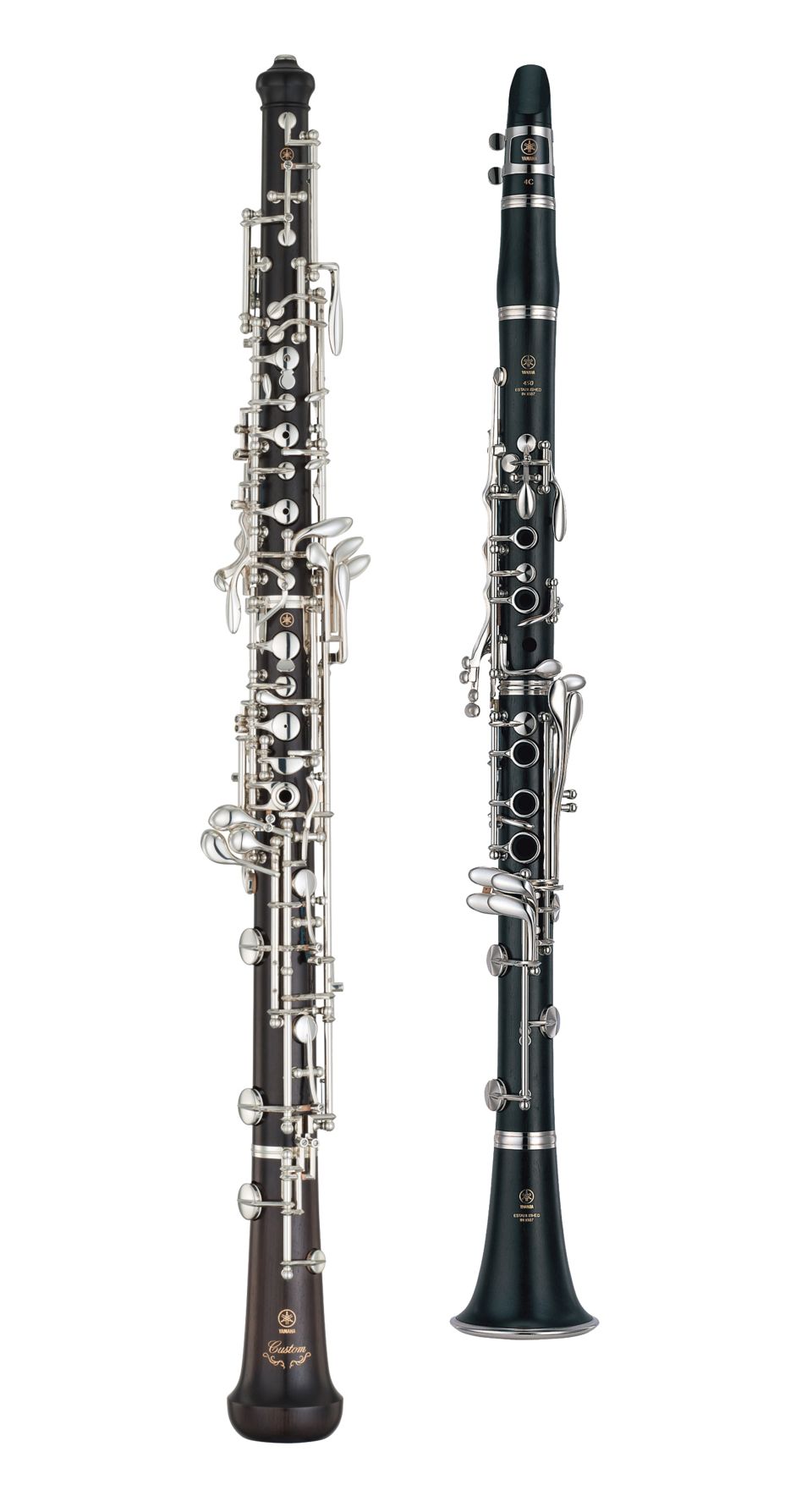
The clarinet (right) and the oboe (left) are typical instruments made from African blackwood. As one would expect from the wood’s name, the instruments’ bodies have a black hue.
Have you ever heard the gorgeous and rich sounds of woodwind musical instruments such as clarinets and oboes? They are produced by African blackwood from the East African country of Tanzania. Thanks to its hardness and resonance, this kind of wood is incredibly valuable for manufacturing instruments. However, due to the hardness, it is hardly ever used for other applications, and only limited parts of the tree can be used as a resource. In addition, it is said that forestry tends not to be seen as a priority industry in Tanzania. Those factors have resulted in forest management not advancing in the country, and the amount of wood resources has consequently decreased in recent years. Listed as “near threatened” on the Red List of Threatened Species by the International Union for Conservation of Nature (IUCN), African blackwood may be difficult to obtain in the near future, some are afraid.
This is where Yamaha Corporation—one of the world’s largest general manufacturers of musical instruments—steps in. The company began a forest survey in Tanzania with a local NGO, which confirmed that steady resource procurement could be carried out feasibly if the forests were properly managed. With the help of local villages, Yamaha has provided them with knowledge on proper forest management, while also using the timber more efficiently by revamping processing and distribution approaches. They have also established a system whereby they plant the necessary number of seedlings to obtain the equivalent amount of wood sourced by Yamaha to make the instruments. In the five years since 2017, they have planted around 12,000 African blackwood seedlings.

The clarinet (right) and the oboe (left) are typical instruments made from African blackwood. As one would expect from the wood’s name, the instruments’ bodies have a black hue.
NAKAI Kazushi, who leads the project at Yamaha, says, “It is not enough to just protect forests.” He adds, “The forest is managed by the people who live there themselves. The most important thing is that when Yamaha, as an end-product manufacturer in the supply chain, makes instruments, it can improve the income of the raw material suppliers by purchasing their wood.” Through the project, 95% of the proceeds from the logging of trees and the sale of logs becomes the villages’ public revenue. The goal of the arrangement is to create a virtuous cycle of industrial progress and environmental conservation by developing local communities and encouraging them to manage forests on their own initiative. One can already see the results from new construction locally, such as a village office and a guesthouse.
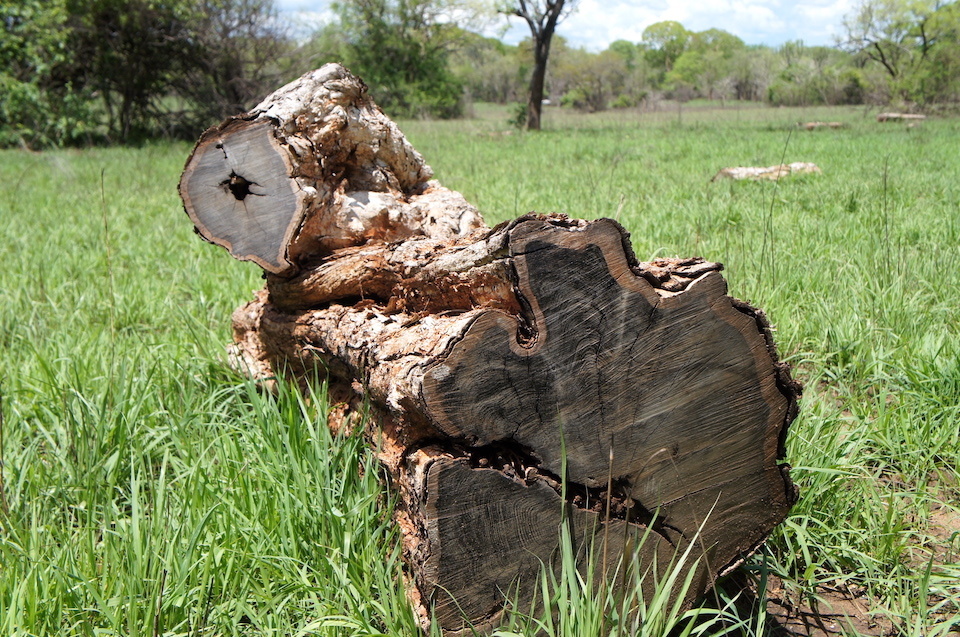
African blackwood is dense enough to sink in water. The photo shows a hard, black cross-section of a cut log. Beyond musical instruments, the wood has few applications, which poses problems for its use as a resource.
The African blackwood may be a rare tree, but as Nakai explains, that is exactly why it is important to use it as a resource. He said, “Using it for instruments increases the wood’s value and creates an industry that supports the local people. As a result, the forests are protected. That is why Yamaha’s efforts to conserve the forests in Tanzania hold significance.” In Japan, non-national stakeholders, including those from the private sector such as Yamaha or other supporters, are collaborating and taking the initiative to conserve nature and fight climate change. The Government of Japan places importance on cooperating with those diverse stakeholders to tackle such challenges. Also, endorsing the goal set at the 2021 COP26 World Leaders Summit to halt the reduction of the world’s forests by 2030, Prime Minister KISHIDA Fumio has announced that the government will contribute approximately 240 million US dollars in funds to help conserve the world’s forests.
Making a contribution to preserving the natural environment, while sustainably procuring raw materials and helping local communities develop, Yamaha keeps challenging itself as a leading global manufacturer of musical instruments to pass on beautiful tones to the future.
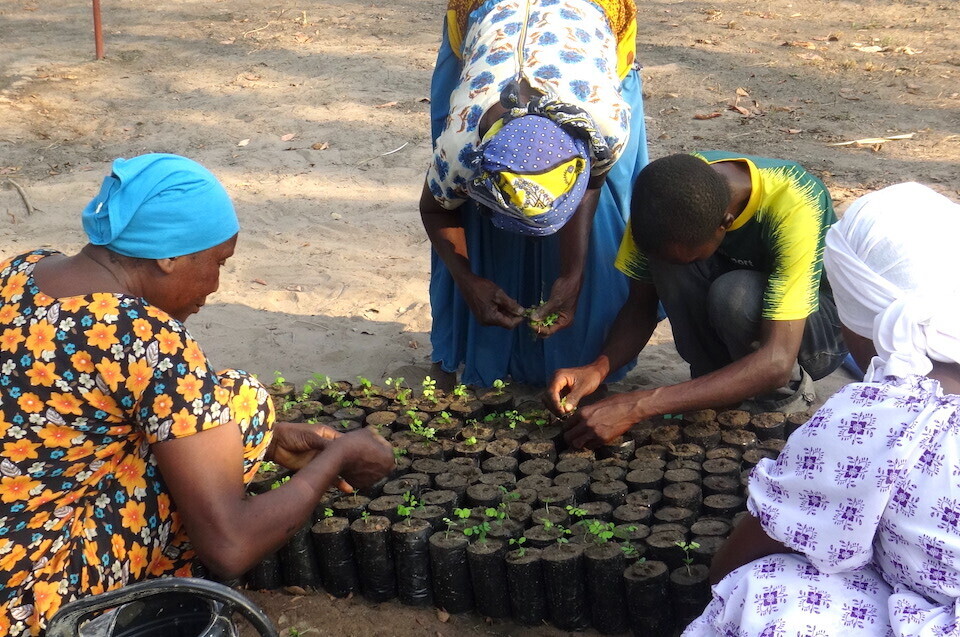
Villagers sow seeds and tend seedlings that are later planted in the forest. Cultivating, protecting, and utilizing forests now comprise an important industry in the villages.
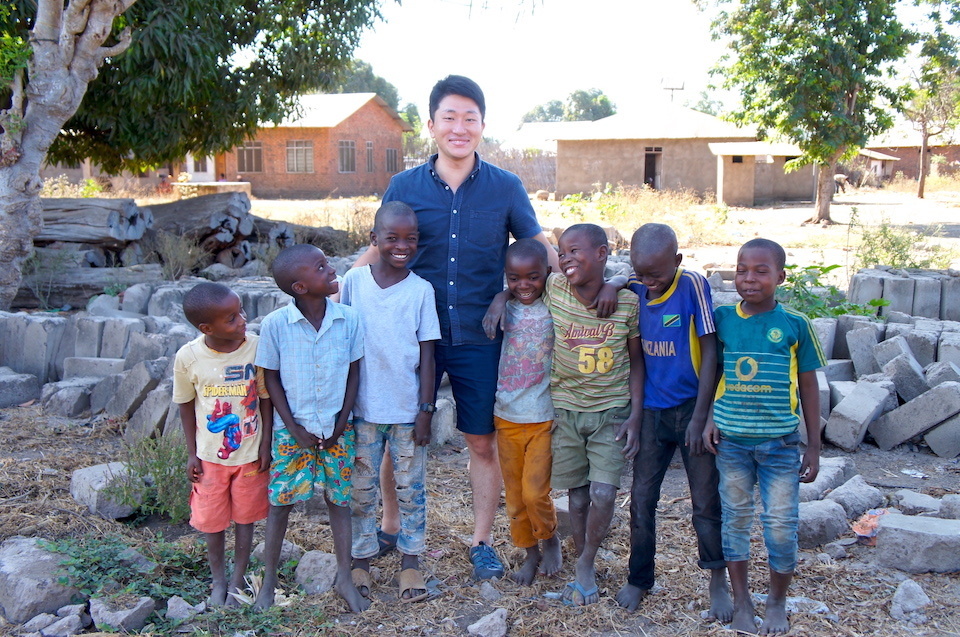
NAKAI Kazushi (center) has been visiting villages in Tanzania frequently to help grow forests with local residents. He also leads Yamaha’s Tone Forest Project, which partners with timber-producing communities to manage sustainable forests.





























